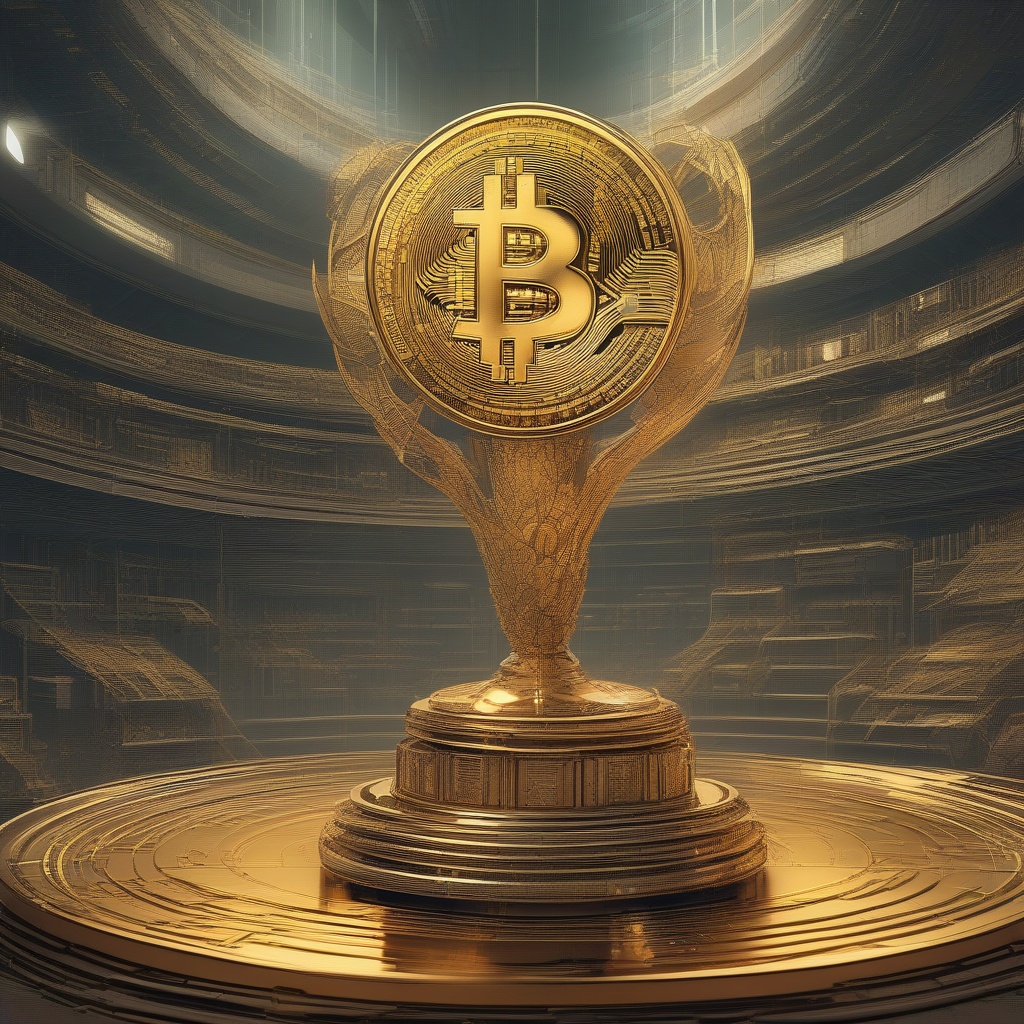Should courts have access to a crypto backdoor?
With the increasing prominence of cryptocurrency and its associated technologies, a pivotal question has arisen: Should courts be granted access to a crypto backdoor? This debate touches upon the core tenets of privacy, security, and the rule of law. On one hand, proponents argue that granting courts such access is necessary to combat criminal activities and uphold justice. They posit that without a backdoor, criminals could use crypto to evade detection and sanctions, jeopardizing public safety. On the other hand, critics argue that introducing a crypto backdoor poses a grave threat to user privacy and undermines the fundamental principles of cryptography. They fear that such a backdoor could be misused, opening the door to mass surveillance and potential abuse by government agencies. So, where do we draw the line? Should courts be granted access to a crypto backdoor, or should we prioritize user privacy and the integrity of cryptographic systems?

How do I access my Bitcoin wallet?
Could you please provide a step-by-step guide on how to access my Bitcoin wallet? I've heard about the importance of digital currency and am keen on getting started with Bitcoin. However, I'm a bit confused about the process of accessing my wallet. Would you recommend using a hardware wallet, a mobile wallet, or a desktop wallet? Also, how do I ensure the security of my wallet and prevent any potential risks? Your insights would be greatly appreciated as I embark on this journey into the world of cryptocurrency.

Why can't I access my Coinbase account via my Device?
I've been having some trouble accessing my Coinbase account using my usual device. Could you help me understand why this might be happening? I've tried logging in several times but always get an error message. Could it be a security issue? I've made sure my login credentials are correct, and my device is up to date. I'm concerned about the safety of my funds and would appreciate any assistance in resolving this issue promptly. Is there a specific step I should take to regain access to my account?

Will India let crypto firms access Unified Payments Interface (UPI)?
As a keen observer of the intersection between cryptocurrency and finance, I am particularly intrigued by the question of whether India will allow crypto firms to access the Unified Payments Interface (UPI). The UPI, a robust payments system that has revolutionized digital transactions in India, offers a secure and convenient platform for real-time fund transfers. The potential integration of cryptocurrency firms into this system could mark a significant milestone in the adoption of digital assets in the country. However, given India's history of regulating cryptocurrencies with a cautious approach, there are numerous factors that could influence this decision. Will regulators see the benefits of increased financial inclusion and innovation, or will they prioritize stability and consumer protection? The answer to this question holds immense implications for both the crypto industry and the broader financial landscape in India.

Do Canadians have access to international cryptocurrency exchanges?
In the rapidly evolving world of cryptocurrencies, accessibility remains a key concern for investors. For Canadian crypto enthusiasts, the question of whether they have direct access to international cryptocurrency exchanges often arises. Given the potential benefits of broader market exposure and a wider range of trading options, international exchanges may seem like an attractive option. However, regulatory considerations, security measures, and potential limitations on cross-border transactions all play a role in determining the actual accessibility for Canadians. This begs the question: do Canadians truly have the freedom to navigate and trade on international cryptocurrency exchanges, or are there obstacles that need to be navigated?

